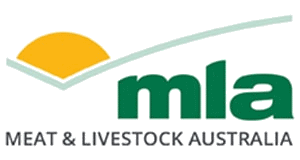Meat, Dairy, and Oils Drive Up Global Food Prices
Global Food Prices Edge Up in June 2025 as Meat, Dairy and Oils Drive Gains
The global food prices June 2025 update shows a modest rise. The FAO Food Price Index averaged 128.0 points, up 0.5% from May. Declines in cereals and sugar were outweighed by gains in meat, dairy, and vegetable oils.
Key Commodity Trends
Cereals: The index fell by 1.5%, reflecting strong harvests in Argentina and Brazil. As a result, maize, sorghum, and barley prices dropped. However, wheat prices climbed due to poor weather in the EU, Russia, and the United States. Rice also eased slightly, particularly Indica varieties.
Vegetable oils: Global prices increased by 2.3%. Palm oil rose nearly 5%, supported by strong import demand. Furthermore, soy oil strengthened on expectations of higher biofuel use in Brazil and the USA. Rapeseed oil values climbed due to tight supply forecasts, while sunflower oil eased as Black Sea production improved.
Meat: The Meat Price Index gained 2.1%, hitting a record high. Bovine, pig, and ovine meat prices all moved upward. In contrast, poultry values continued to fall, reflecting ongoing market adjustments.
Dairy: The Dairy Price Index rose 0.5%. Butter reached a new record high because of limited supplies in Oceania and the EU. Cheese prices increased for the third month running. On the other hand, milk powder slipped slightly due to weak global demand.
Sugar: The Sugar Price Index declined by 5.2%, marking its fourth consecutive monthly fall. Improved harvests in Brazil, India, and Thailand drove the drop.
Market Outlook
Overall, the global food prices June 2025 report signals cautious optimism. Prices remain 5.8% higher than June 2024, yet well below the March 2022 peak. Rising meat and dairy values could support trade, but grain and sugar softness may limit wider growth.
Original reporting by Mercopress.

